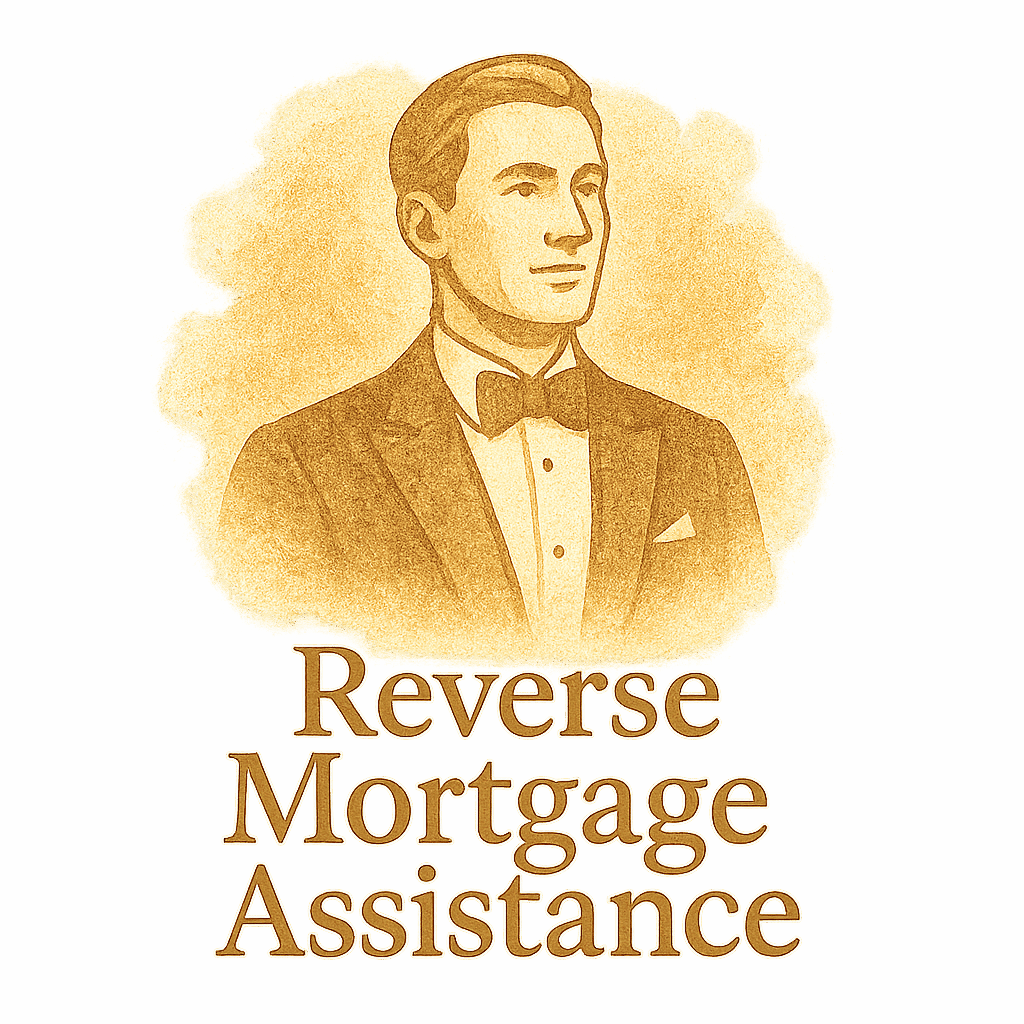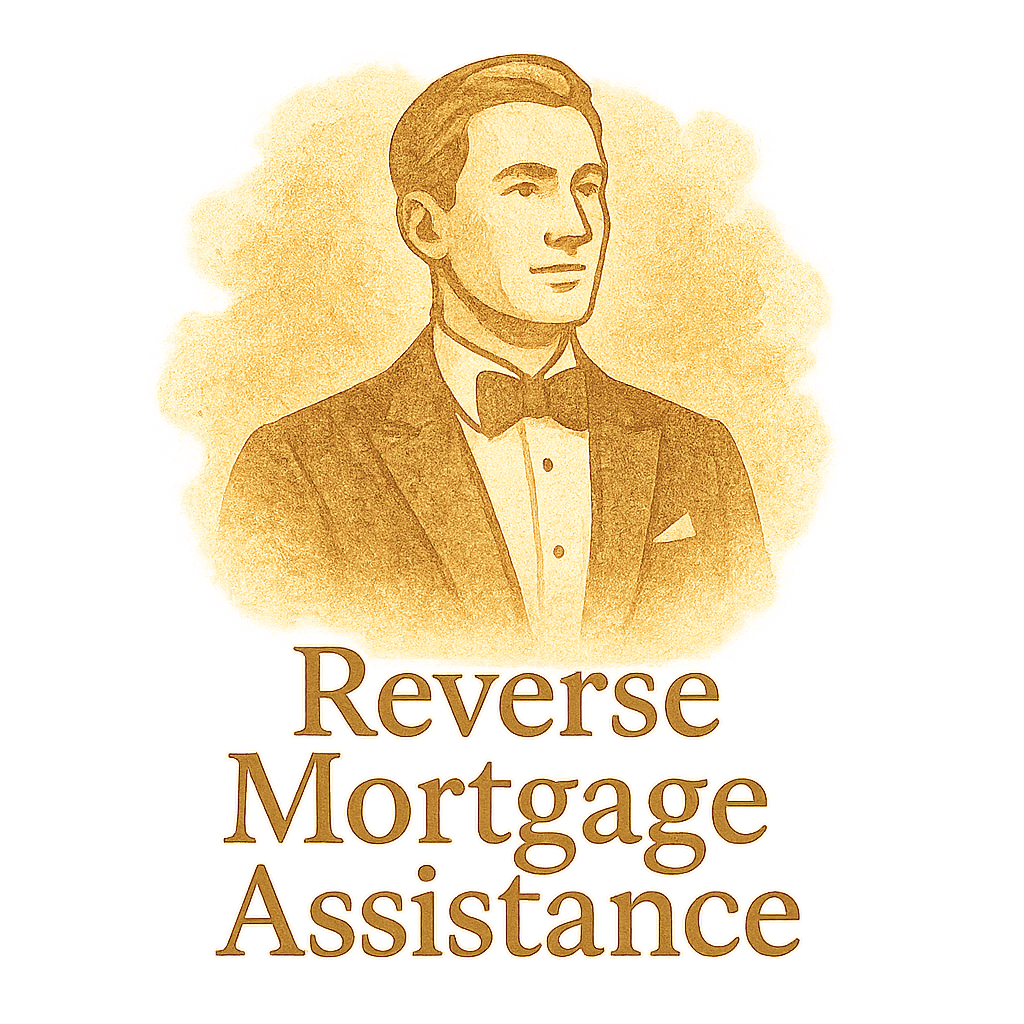Are you thinking about getting a reverse mortgage? If so, you’re not alone. Many seniors use reverse mortgages as a powerful financial tool to support their retirement. But before you jump in, let’s have an honest talk. There are some key rights you absolutely need to know.
This article walks you through 10 rights every reverse mortgage borrower should know, helping you feel more confident and secure in your financial choices. Let’s dive in!
Understanding Reverse Mortgages
What Is a Reverse Mortgage?
A reverse mortgage is a loan available to homeowners aged 62 and older, allowing them to convert part of the equity in their home into cash. Instead of making monthly payments, the lender pays you!
How Reverse Mortgages Work
Unlike traditional mortgages, reverse mortgages are repaid when you move out, sell your home, or pass away. The loan amount is based on your home’s value, your age, and current interest rates.
Common Uses for Reverse Mortgages
People use reverse mortgages for all kinds of reasons—from supplementing retirement income, covering healthcare costs, to making home improvements or paying off existing debt.
To learn the basics, check out our Reverse Mortgage Basics guide.
Why Knowing Your Rights Is Crucial
Avoiding Costly Mistakes
Without knowing your rights, it’s easy to fall into common traps or misunderstandings. That can mean money lost—or worse, losing your home.
Empowering Informed Decisions
When you understand your rights, you make smarter decisions and protect your future. Let’s explore the 10 rights you need to know.
Right #1: The Right to Stay in Your Home
Your reverse mortgage doesn’t mean you’re giving up your home.
As Long as You Meet the Loan Obligations
You have the right to stay in your home for as long as you live there—provided you:
- Maintain the property
- Pay property taxes and insurance
- Live in the home as your primary residence
It’s your home. And with a reverse mortgage, it stays that way.
Explore real-world examples at our Mortgage Case Studies page.
Right #2: The Right to Cancel Within Three Days
This one’s a biggie.
Understanding the “Right of Rescission”
After signing, you have three business days to change your mind and cancel the loan—no questions asked. It’s a federally protected right.
Want more on legal protections? Visit our Legal & Regulatory section.
Right #3: The Right to Transparent Terms
Transparency is key when dealing with any financial product.
Clear Disclosure of Fees and Rates
Your lender must clearly disclose all:
- Fees
- Interest rates
- Loan terms
- Potential risks
No surprises, no hidden clauses. If it’s not clear, ask—and keep asking until it is.
Discover more about mortgage myths and truths.

Right #4: The Right to Independent Counseling
You’re not alone in this journey.
HUD-Approved Counseling Requirement
Before closing your reverse mortgage, you’re required to meet with a HUD-approved counselor. Why? Because it ensures you understand the process, costs, and long-term implications.
This protects your decision-making power. Learn more at our Mortgage Planning hub.
Right #5: The Right to Repay Early Without Penalties
If you want to pay off your reverse mortgage early, you can! There are no prepayment penalties, so if your situation changes or you sell your home, you’re free to repay the loan.
Check out more on loan comparison options.
Right #6: The Right to Choose How You Receive Funds
You can customize how the money comes to you.
Lump Sum, Line of Credit, or Monthly Payments
Pick a payment method that suits your lifestyle and financial needs. It’s all about flexibility.
Compare payout options under the loan comparison tag.
Right #7: The Right to Heirs’ Protection
Worried about leaving debt behind for your loved ones? Don’t be.
No Debt Passed to Heirs Beyond Home’s Value
Reverse mortgages are non-recourse loans. That means your heirs won’t owe more than the home is worth when the loan is due.
Read more on protecting your retirement legacy.
Right #8: The Right to Compare Loans
Never settle for the first offer.
Shopping Around Pays Off
You have the right—and are encouraged—to compare lenders. Look at:
- Interest rates
- Fees
- Payment plans
Being selective can save you thousands. Start at our Loan Comparison page.
Right #9: The Right to Be Protected from Foreclosure
Contrary to myths, foreclosure isn’t automatic with a reverse mortgage.
Understanding Conditions That Prevent Foreclosure
As long as you:
- Pay property taxes
- Keep up with insurance
- Maintain the home
…you’re protected.
See the truth vs. fiction at our Mortgage Myths and Truths resource.
Right #10: The Right to Legal and Financial Clarity
Read the Fine Print and Ask Questions
Don’t sign anything you don’t understand. You have the right to:
- Review documents
- Ask questions
- Consult with a legal expert
Want help navigating the terms? Visit our Legal Terms tag.
Conclusion
Reverse mortgages can be a game-changing financial tool—but only if you fully understand your rights. You’re not just signing a loan—you’re safeguarding your retirement, your home, and your peace of mind.
Don’t let uncertainty get in the way of smart planning. Revisit our full Reverse Mortgage Resource Center to explore further, and share this post with someone who could benefit from knowing these rights.
FAQs
1. Can I lose my home with a reverse mortgage?
Only if you fail to meet basic obligations like paying property taxes or maintaining the home. Otherwise, your home remains yours.
2. What happens to my loan when I pass away?
Your heirs can sell the home to repay the loan. They are never personally responsible for more than the home’s value.
3. Can I still leave my home to my children?
Yes. They can keep the home by paying off the reverse mortgage balance or selling it and keeping any leftover equity.
4. Do I have to take the money as a lump sum?
Nope. You can choose monthly payments, a line of credit, or a lump sum—whatever works best for you.
5. Is counseling required before getting a reverse mortgage?
Yes. Counseling from a HUD-approved agency is mandatory to ensure you understand your options and obligations.
6. Can I back out after signing?
Absolutely. You have a three-day window to cancel the loan after closing—no penalties.
7. Are reverse mortgages a scam?
Not at all. They’re a legitimate, government-regulated financial tool—but like any loan, they require careful planning.


